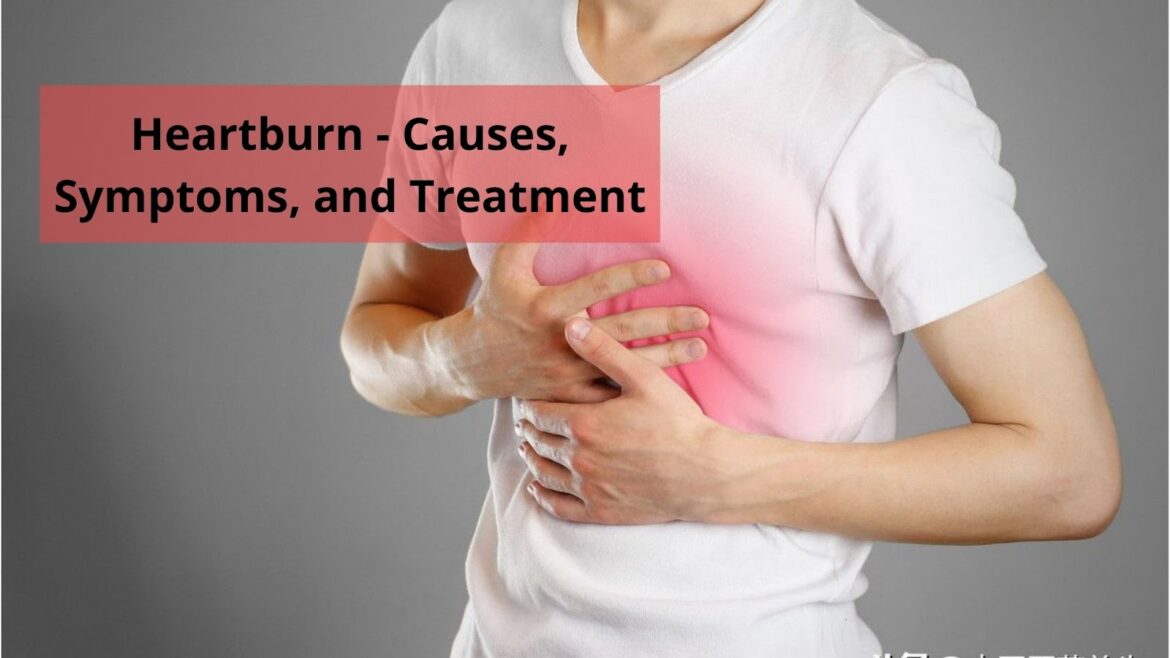By Desmond Nleya
Heartburn is a common condition that affects millions of people worldwide. Despite its name, heartburn has nothing to do with the heart. Instead, it is a burning sensation that occurs in the chest, usually after eating or when lying down, and is often linked to digestive issues. Understanding its causes, symptoms, and available remedies is key to managing and preventing it.
What is Heartburn?
Heartburn occurs when stomach acid flows back into the esophagus (the tube that carries food from the mouth to the stomach). This condition, medically known as acid reflux, irritates the lining of the esophagus, causing a burning feeling in the chest or throat.
Causes of Heartburn
Several factors can trigger heartburn:
Dietary Choices
Spicy foods
Fatty or fried foods
Citrus fruits and tomatoes
Caffeine, alcohol, and carbonated beverages
Chocolate and peppermint
Lifestyle Habits
Eating large meals or lying down immediately after eating
Smoking
Excessive alcohol consumption
Wearing tight clothing around the abdomen
Medical Conditions
Gastroesophageal reflux disease (GERD)
Hiatal hernia (when part of the stomach moves into the chest cavity)
Pregnancy, due to hormonal changes and pressure on the stomach
Obesity, which increases abdominal pressure
Medications
Certain pain relievers (like aspirin or ibuprofen)
Blood pressure medications
Muscle relaxants
Symptoms of Heartburn
The symptoms of heartburn can vary in intensity and frequency, but common signs include:
Burning sensation in the chest (often after eating)
Sour or bitter taste in the mouth
Discomfort that worsens when lying down or bending over
Difficulty swallowing in severe cases
Persistent cough or sore throat caused by acid irritation
Cures and Remedies for Heartburn
1. Lifestyle Changes
Eat Smaller Meals: Large meals can increase stomach pressure.
Avoid Trigger Foods: Keep track of foods that worsen your heartburn and avoid them.
Don’t Lie Down After Eating: Wait at least 2–3 hours before lying down or sleeping.
Maintain a Healthy Weight: Excess weight puts pressure on the stomach, pushing acid upward.
Quit Smoking and Limit Alcohol: Both weaken the lower esophageal sphincter (LES), which prevents acid reflux.
2. Home Remedies
Drink Water or Milk: These can temporarily neutralize stomach acid.
Chew Sugar-Free Gum: Increases saliva production, which helps wash away acid.
Sleep With Your Head Elevated: Raising your upper body by 6–8 inches can prevent acid reflux at night.
3. Medications
Antacids: Over-the-counter medications like Tums or Maalox quickly neutralize stomach acid.
H2 Receptor Blockers: Reduce acid production (e.g., famotidine, ranitidine).
Proton Pump Inhibitors (PPIs): Provide long-lasting relief by significantly reducing acid (e.g., omeprazole, esomeprazole).
(Note: Persistent or severe heartburn may indicate GERD or another serious condition. If symptoms occur more than twice a week or are accompanied by vomiting, weight loss, or difficulty swallowing, seek medical advice.)
Conclusion
Heartburn is a common digestive issue often caused by lifestyle habits, diet, or underlying health conditions. While occasional heartburn can be managed with home remedies and over-the-counter medications, frequent episodes require medical attention. By making healthy lifestyle choices, avoiding trigger foods, and seeking proper medical treatment when necessary, heartburn can be effectively controlled, improving overall quality of life.


